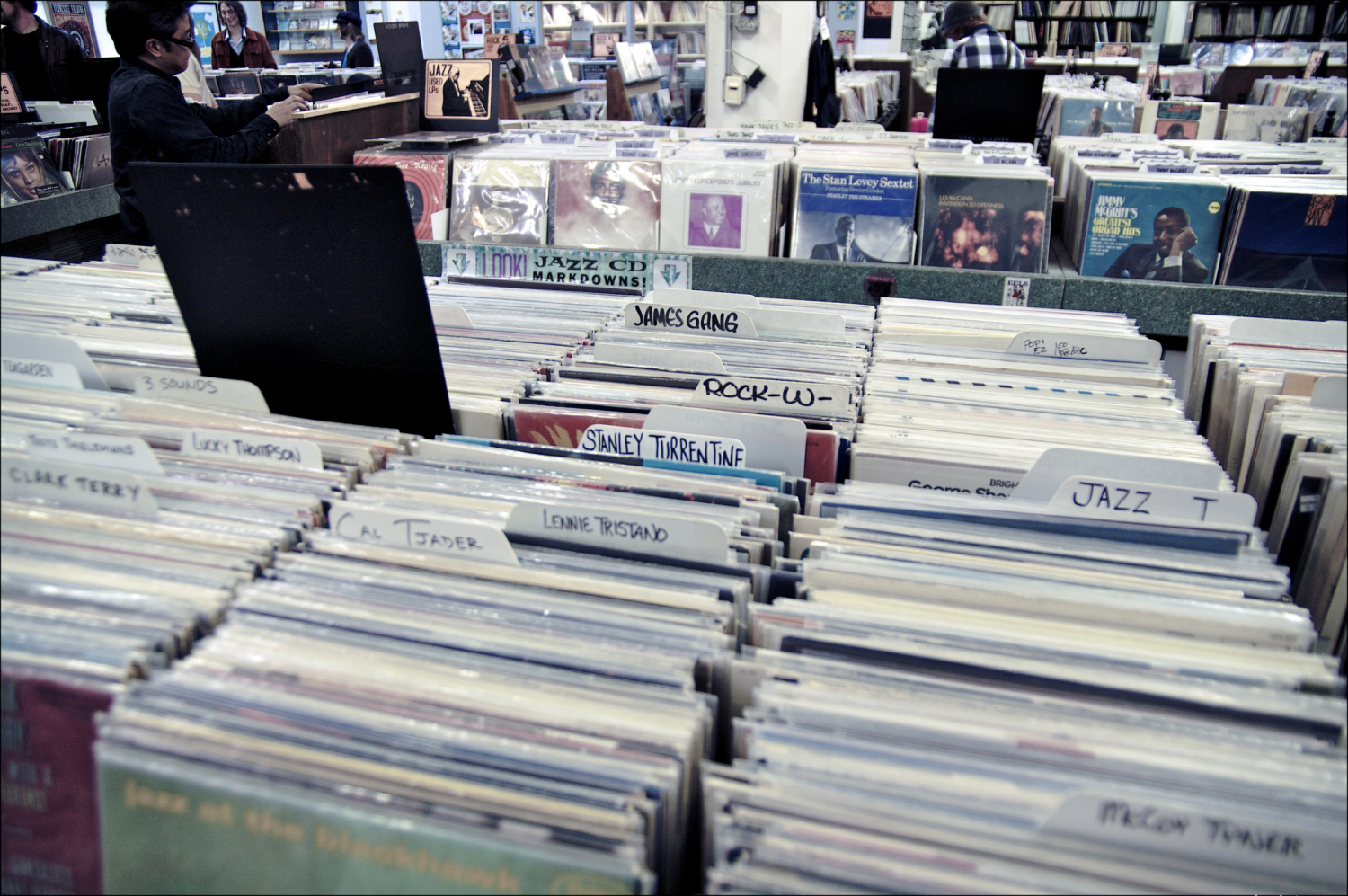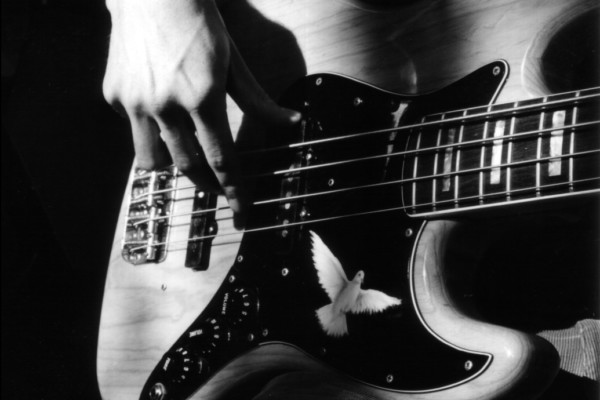The Lightbulb Moment: Touch Of Gray

Cauliflower, that kind-of-like-broccoli-but-perhaps-less-exciting vegetable, was completely absent from my childhood. I honestly didn’t know what it was, other than something my mother breezed over in the produce section of the super market. She was not a fan of the baby-tree-like vegetables and therefore, it was often excluded from the communal veggie tray at parties and officially barred from our refrigerator. Until recently, I simply assumed that I didn’t care for it… it rarely piqued my interested as a menu item and I never attempted to prepare it myself. Since adapting a local-and-seasonal method of shopping, I decided it was time to branch out a bit and embrace this produce; frankly, it looked too good to pass up at the farmer’s market. I took it home, looked up a few simple recipes, and decided to roast it with a bit of olive oil and kosher salt. Thirty minutes in the oven and a bit of shaved parmesan made me realize that I spent my entire life with an ignorant and irrationally negative attitude towards something absolutely delicious. In other words: Mind. Blown.
If there’s one thing to take away from this story, it’s that our parents have an incredible amount of influence over what we’re exposed to. We develop preferences or preconceived notions about things that we’ve never tried simply because we trust the opinions of those around us. As a young person, it’s easy to assume that you won’t like something because your parents don’t. You don’t get to exercise purchasing power and are therefore dependent upon what they deem worthy of time and money. This holds true for many things: food, sports, and almost every form of art and entertainment. In my family, we appreciated tennis but not golf, enjoyed take out from Chinese restaurants but never went out for Indian, and listened to Bob Dylan, The Beatles, and The Rolling Stones. There was absolutely no Grateful Dead. As an adult, I’ve realized the importance of accepting, learning about, and deviating from the cultural microcosm established by my upbringing. Sorting through the good, the bad, and the “they were right” seems like a full-time job, but somebody’s got to do it.
While I do owe a fair amount of my musical education to my parents’ CD collection, I eventually discovered a much broader musical world. I began to wonder why my father referred to disco as the devil’s music and how many times my mother could listen to the same Celine Dion album. By the time I started buying records, I looked for music that was wholly my own — top 40 pop and rock, soul and blues artists, and the catalogs of various bass players. I was set on developing my own musical taste buds and indulging in new cuisines. That said, I rarely visited the works of artists deemed unworthy of airplay at home — I just assumed I wouldn’t like it.
Fast forward to the present day and I’m still working on undoing these inherited musical preferences. Thanks to the incredible amount of information at our disposal, from articles and biographies to streaming sites, re-releases, and documentaries, there’s hardly an excuse to not visit the catalogs of certain artists. After being encouraged to watch the Grateful Dead documentary Long Strange Trip, I decided that while I never “got into” the Dead, that didn’t mean I shouldn’t take the time to learn about them. As it turns out, the documentary was absolutely worth watching. Despite my surface familiarity with their music, the film provided me with a window into the cultural phenomenon that made a huge impact on the industry and artists to come. After years of nay saying and naivety, it took just a few hours to be inspired by their catalog, amazed by their story and intrigued by what they were able to accomplish as artists.
As a slightly more open-minded adult, I’ve realized the importance of understanding, evaluating, and appreciating music in a more mature way. While I still may not enjoy certain things, such as pickles or Bjork, that doesn’t mean that I shouldn’t give them another shot. Heck, it took me a solid fifteen years to discover that I’m pretty good at the driving range, Lamb Korma is the best comfort food around, and I enjoy preparing roasted cauliflower while listening to Workingman’s Dead. So, if you have a bit of spare time, I wholeheartedly suggest looking up an artist that perhaps you, your parents, or your friends, expressed disregard for. You may find that a little touch of gray and a seasoned set of ears will have something else to say.
Ryan Madora is a professional bass player, author, and educator living in Nashville, TN. In addition to touring and session work, she teaches private lessons and masterclasses to students of all levels. Visit her website to learn more!



